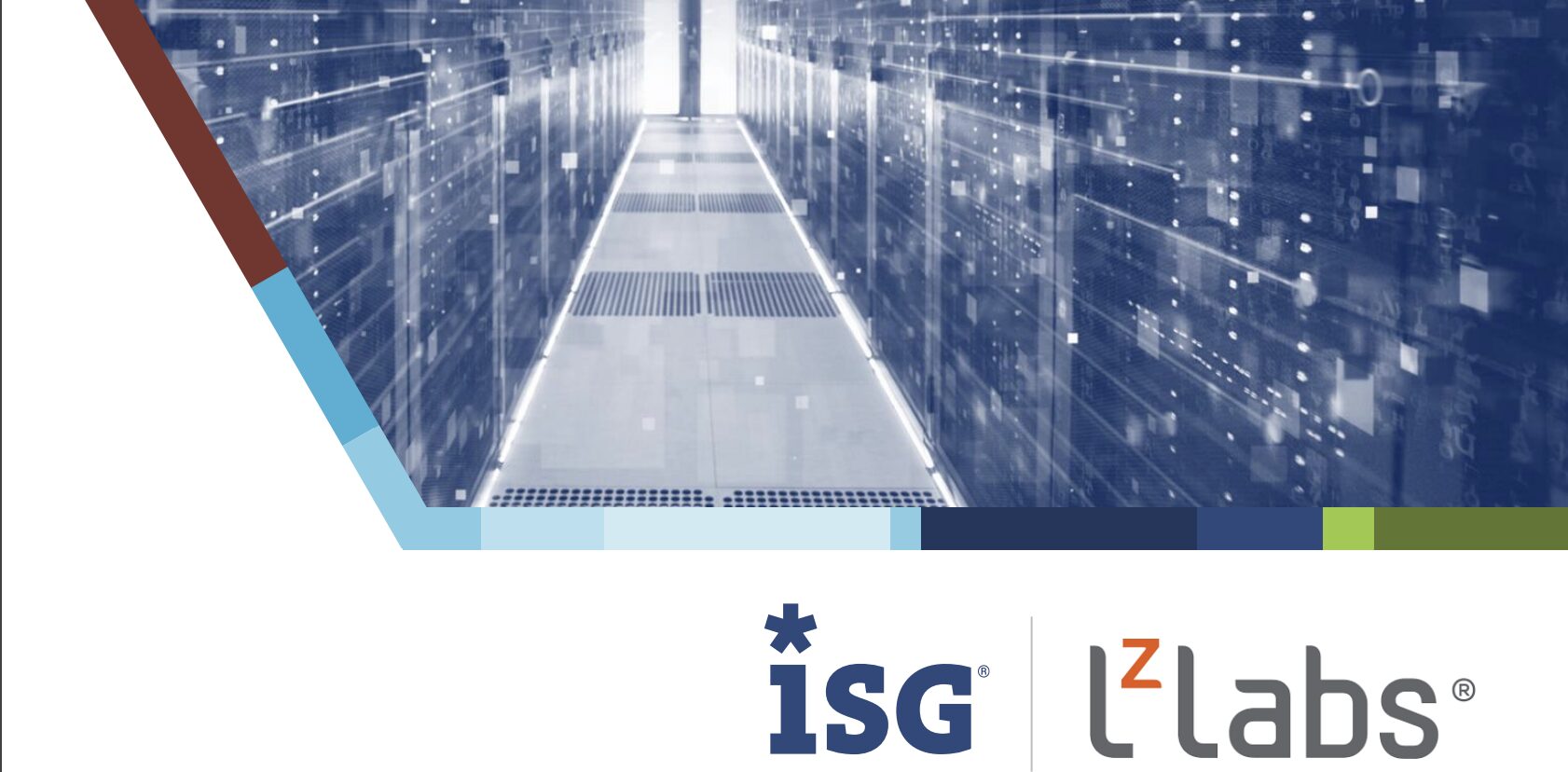As a former Account Manager and now a Senior Product Portfolio Manager at LzLabs, I have had the privilege of working closely with organisations embarking on their journey to modernise legacy systems . Clearly, the challenges of managing ageing IT infrastructure go far beyond reducing costs or bridging the skills gap. Legacy modernisation is ultimately about driving innovation, unlocking hidden value, and enabling businesses to grow in a competitive and rapidly changing market.
Relieving the Pain of Legacy Mainframe Systems
When discussing mainframe modernisation, the focus often falls on cost-saving measures and the dwindling talent pool familiar with older technologies like COBOL, PL/1, or Assembler. It’s true that these factors present significant challenges—especially as seasoned professionals retire and younger developers rarely train in these languages. However, what’s equally important is recognising that the real obstacle to growth often lies in the technology itself.
Many of the businesses I speak with find that their legacy systems are slowing them down. Monolithic applications, though stable and reliable, can be incredibly difficult to adapt to new business needs or technological advances. Innovation is stifled when these systems can’t keep pace with competitors who don’t face similar restrictions. The result is often a growing sense of urgency to modernise to address immediate concerns like the skills gap and stay competitive in a marketplace where speed and agility are key. You can read more about these drivers in this recent ISG thought leadership paper.

Extracting Value from Legacy Mainframe Systems
One of the most important lessons I have learned through working on legacy transformation projects is that there’s immense value in the systems many businesses are keen to move away from. Legacy systems often contain decades of accumulated business logic and valuable data that cannot simply be discarded or replaced. The challenge is in finding a way to unlock this value and make it accessible in today’s IT environment.
I recall a particular project with a large automotive manufacturer, where a car configuration application placed a heavy strain on the mainframe. By balancing the workload using our LzLabs Software Defined Mainframe® (SDM), we were able to reduce response times from a full day to just one hour. This not only resolved immediate capacity issues but also significantly impacted the customer experience—proof that modernisation can enhance both operational efficiency and business performance.
Facilitating Growth Through Mainframe Modernisation
While cost and operational efficiency remain important drivers, I firmly believe that modernisation’s true potential lies in its ability to facilitate growth and innovation. Today’s businesses need IT environments that are flexible enough to integrate “new” technologies such as artificial intelligence (AI), cloud computing, and scalable platforms.
Modernisation allows businesses to future-proof their applications and operations. It’s not about abandoning legacy systems entirely but about integrating new capabilities with existing assets. This means reusing what exists and often contains the knowledge that represents a competitive advantage and modernising or adding to it where further growth potential exists. And this ensures that companies can continue to deliver value to their customers while staying relevant in an increasingly digital and cloud-centric landscape.
At LzLabs, we have seen many of our customers successfully use modernisation projects to improve scalability and resource efficiency. By moving certain workloads to the cloud, for example, businesses can scale up quickly when needed, allowing them to respond more effectively to market demands.
The Holistic Approach to Mainframe Modernisation
One of the key points I stress when speaking with customers is the importance of a holistic approach to mainframe modernisation. A successful legacy transformation requires more than simply updating a single application or migrating to the cloud. It’s about understanding how different systems and applications interact with one another across the entire IT landscape.
In many cases, what might seem like a small part of a legacy system can have a profound effect on the wider business. This is why it is crucial to take a step back and consider the big picture before diving into a transformation project. Only by doing this can businesses avoid the common pitfalls that come with modernisation and ensure a smooth and successful transition.
Recommendations for Businesses Embarking on Mainframe Modernisation
For those considering a legacy transformation, I recommend focusing on three core areas:
- Platform Modernisation: Assess your entire IT environment to identify which systems need modernising or integrating with newer technologies.
- Integration: Ensure that legacy systems can continue to interact seamlessly with modern, cloud-based applications throughout the transformation process and beyond.
- Application and Data Modernisation: Preserve the valuable assets within your legacy systems while adapting them for future use.
Conclusion
Legacy modernisation is not just about cutting costs or fixing an ageing IT system. It’s about enabling growth, innovation, and long-term success. By adopting a comprehensive approach that retains the value of legacy systems while integrating new technologies, businesses can unlock the full potential of their IT environments.
At LzLabs, we are committed to helping organisations navigate this journey, offering solutions that balance modernisation with preserving valuable business assets. Whether it is managing workload, integrating applications, or modernising entire platforms, our experience and expertise ensure that your transformation will be both smooth and impactful.
If you want to explore how we can help you on your modernisation journey, I would be happy to discuss your needs in more detail.




